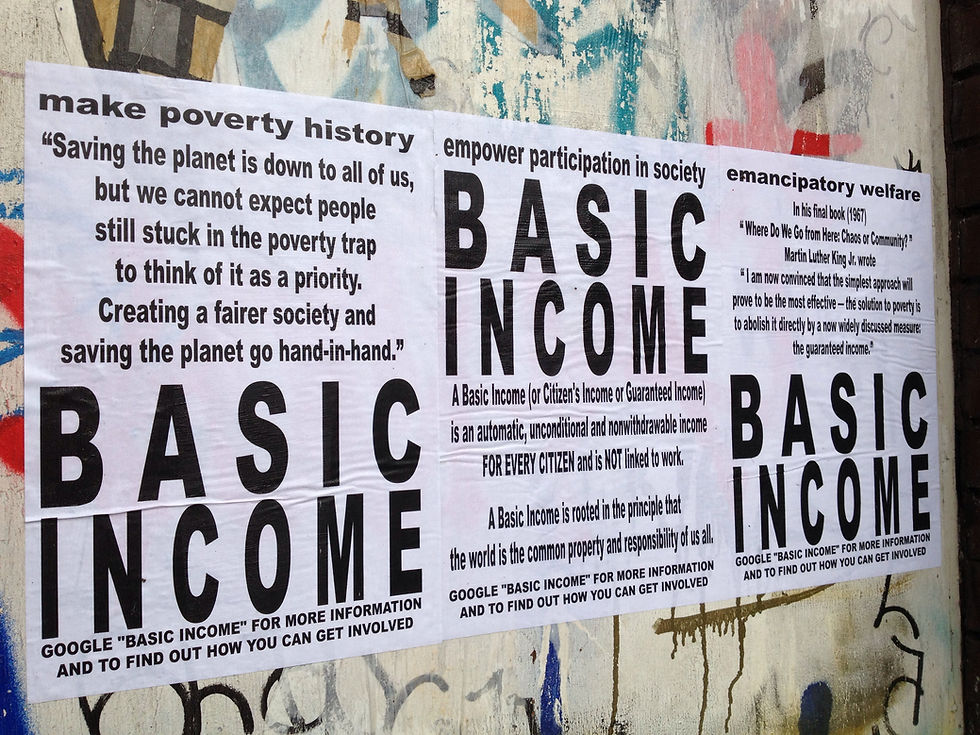Four Major European Elections to Take Place this Year
- Dylan Davies

- Jan 29, 2022
- 3 min read
Updated: Dec 23, 2024
The European continent will face many crucial elections this year, from the Hungarian parliamentary election to the Portuguese legislative election. In a continent that has faced its fair share of crises, from COVID-19 to the Belarusian refugee crisis, here are some of the most important elections taking place in 2022 in Europe.
On Saturday (30th of January), the people of Portugal will take to the polls to elect a new parliament. Following the rejection of the Socialist Party’s budget in October, the Portuguese parliament was dissolved, an unexpected move which has now led to snap elections, ending the PS’ minority government. In recent polling, the incumbent governing party, Partido Socialista, shows a steady lead of around 4% above the main opposition party, PSD (Portuguese abbreviation for Social Democratic Party), with just over 37% of the vote. Prime Minister António Costa’s central goal for this election is to achieve a majority government, something which hasn’t been achieved in Portugal since Costa rose to power in 2015 after a coalition agreement with the Left Bloc, the Communists, and the Greens.

The 3rd of April will mark another important election in Europe as the people of Hungary vote for their new parliament and prime minister. Incumbent Prime Minister, Viktor Orbán, currently holds 133 of 199 seats, giving him a strong majority in his Fidesz-KDNP alliance. Orban’s decade-long reign has been marked by Fidesz’s controversial restrictions on press freedom and erosion of judicial independence, leading to wide-ranging calls from within the Országgyűlés, the Hungarian National Assembly. These controversies have led to the amalgamation of opposition parties behind the United for Hungary Movement, led by Mayor Péter Márki-Zay. The six-party opposition alliance is described as a ‘big tent’ party, which is renowned for a huge composition of views among its members- including, in this case, the support of Hungarian membership in the European Union, and a goal to remove Orbán from office after the election. Yet, recent polls show the Fidesz-KDNP alliance is still leading over their opposition with a 4% lead in a poll conducted in January.
Another key election on the continent this year is taking place in France. On the 10th of April, the French electorate will take to the polls to vote in the first round of the presidential elections, where, if no candidate wins a majority of the votes, a second-round will be triggered, leaving only the two candidates who received the most votes to battle it out to become the president, with the second round expected to happen on the 24th of April. Currently, 39 candidates have declared their candidacy for the election, including far-right outsider, Eric Zemmour, and the Mayor of Paris, Anne Hidalgo, who has served in this position since 2014 (with hopes of becoming France’s first female president) representing the French Socialist Party. One issue that particularly divides the candidates is their stance on immigration. Zemmour claimed last November that ‘immigration is war’, whilst Hidalgo herself is a Spanish- born socialist, who has fought since at least 2018 for migrant rights, calling upon the government to provide shelter for more than 2,000 asylum seekers. Surprisingly, incumbent president, Emmanuel Macron, is yet to announce his candidacy, saying that he will decide after the health situation in France improves.
Amongst these elections, the Swedish general election will take place on the 11th of September. Due to the resignation of PM Stefan Löfven in November, subsequently following months of political turmoil after a vote of no confidence in June 2021, the Social Democrats needed to elect a new leader and Prime Minister. Their pick was Magdalena Andersson, Sweden’s first female leader. Yet, her term began with resignation from the position after the Green Party announced they were leaving the governing coalition, but she was later reappointed as Prime Minister on the 30th of November. Current opinion polls mark the Social Democrats at 10% higher than their main opponent, the centre-right Moderate Party, with the Moderates polling at 20% and the Social Democrats at 30%.
The year 2022 will be a defining time for Europe and the direction of the continent. The French and Hungarian elections could determine the direction of the European Union with some candidates in their elections supporting further EU integration or even leaving the union altogether, and the rise of female leaders such as Hidalgo and Andersson may be a signal for the progression of European politics itself. The oppositions to the Portuguese Social Democratic Party and the United Hungary Movement are proving to be tough competitors for their incumbent opponents, suggesting that the 2022 elections may prove to have some surprising results.

_edited.png)



Comments